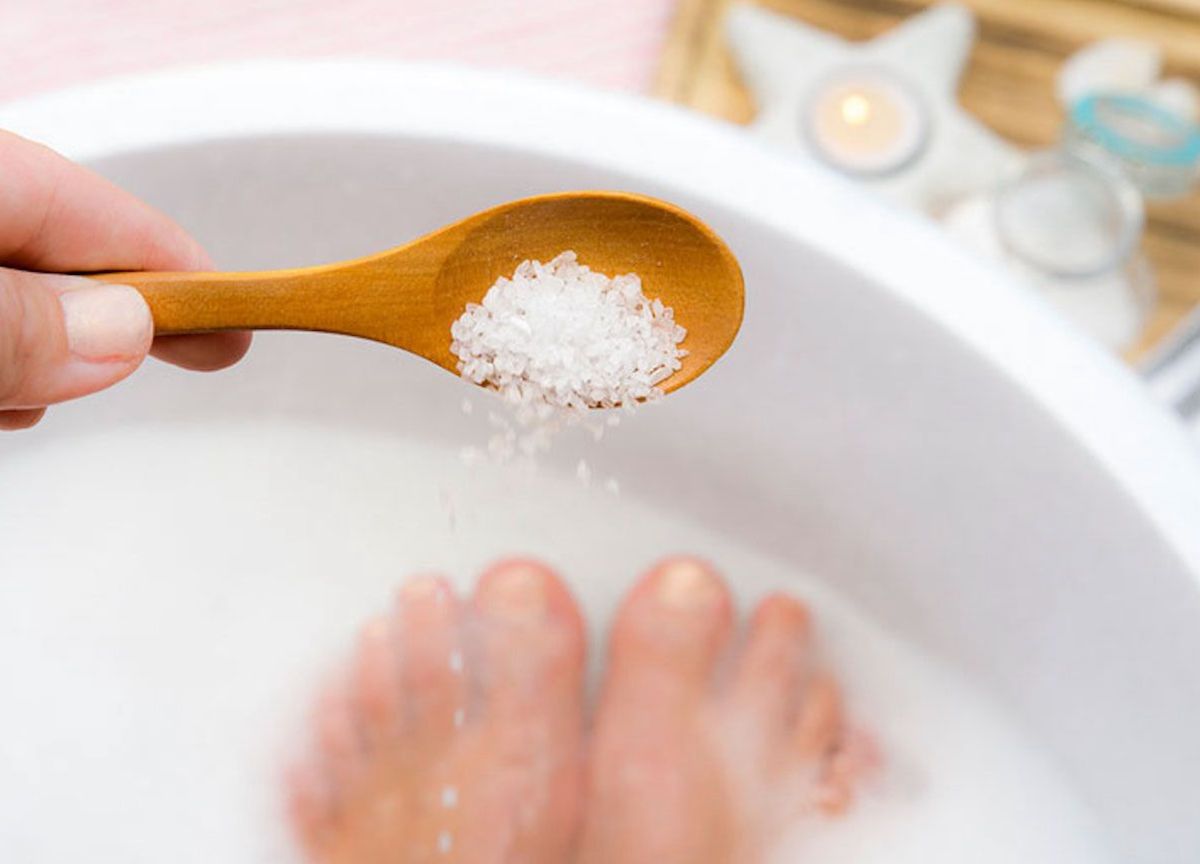The Role of Hydration in Maintaining Good Health
Have you ever stopped to think about how important hydration is for your overall health and well-being? It’s easy to overlook, but staying properly hydrated plays a crucial role in keeping our bodies functioning at their best. From regulating body temperature to aiding digestion and nutrient absorption, the benefits of staying hydrated are endless. Let’s dive deeper into the role of hydration in maintaining good health.
The Science Behind Hydration
Hydration is essential for the body’s overall functioning, as water is involved in nearly every bodily process. The human body is made up of approximately 60% water, with the brain and heart being composed of even higher percentages. Water helps transport nutrients and oxygen to cells, regulate body temperature, and remove waste and toxins through urination and sweat. Dehydration occurs when the body loses more water than it takes in, leading to symptoms such as dizziness, dry mouth, and fatigue.
Hydration Guidelines and Recommendations
Experts recommend drinking at least eight 8-ounce glasses of water per day, known as the ‘8×8’ rule. However, individual water needs can vary based on factors such as age, gender, weight, activity level, and climate. Athletes and those engaging in intense physical activity may require even more water to compensate for fluid loss through sweat. The color of urine can also be a helpful indicator of hydration levels, with clear or pale yellow urine signifying adequate hydration.
Effects of Dehydration on Health
Chronic dehydration can have serious health consequences, ranging from kidney stones and urinary tract infections to heat exhaustion and heat stroke. Cognitive function and mood can also be affected by dehydration, leading to difficulty concentrating, irritability, and headaches. Long-term dehydration can contribute to more serious conditions such as kidney disease and cardiovascular issues. It’s crucial to prioritize hydration to prevent these negative outcomes.
Hydration and Physical Performance
Staying well-hydrated is essential for optimal physical performance, especially during exercise. When the body is dehydrated, blood volume decreases, making it harder for the heart to pump blood and deliver oxygen to working muscles. This can result in fatigue, reduced endurance, and impaired strength. Drinking water before, during, and after physical activity helps maintain performance levels and supports faster recovery after intense workouts.
Hydration and Mental Clarity
Proper hydration is equally important for mental clarity and cognitive function. Studies show that even mild dehydration can impair concentration, memory, and mood. Drinking enough water throughout the day can help maintain mental alertness, reduce brain fog, and improve overall cognitive function. This is particularly important for individuals who work long hours or engage in activities that require sustained focus.
Foods that Aid Hydration
In addition to drinking water, you can also stay hydrated by consuming foods with high water content. Fruits like watermelon, strawberries, and oranges, as well as vegetables like cucumber, celery, and lettuce, are excellent sources of hydration. These foods not only help replenish fluids but also provide essential vitamins and minerals. Incorporating water-rich foods into your diet is an easy way to boost your hydration while enjoying a range of nutrients.
Hydration Tips for Hot Weather
Staying hydrated becomes even more critical in hot weather, as the body loses water more quickly through sweat. In warmer climates or during summer months, aim to drink water regularly and increase your intake of electrolyte-rich drinks to replace lost minerals. Carry a water bottle with you, and set reminders to sip throughout the day, especially when spending time outdoors or engaging in physical activities. This will help prevent dehydration and maintain energy levels.
Making Hydration a Habit
Turning hydration into a daily habit can make it easier to stay consistently hydrated. Start by setting a daily water intake goal, and consider using a refillable water bottle marked with times or measurements as a reminder. You can also establish hydration triggers, such as drinking a glass of water first thing in the morning or before each meal. By making hydration part of your routine, you can support better health and energy levels over the long term.













